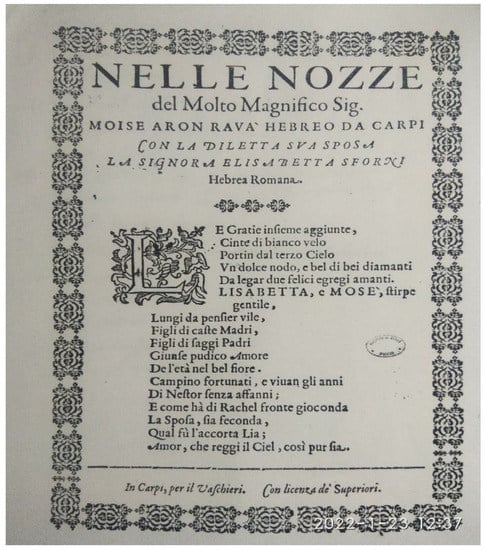cross‐posted from: https://lemmygrad.ml/post/1634558
It is interesting to note that in these cases—and no doubt in many others—the ones disrupting the amicable relations between Jews and ordinary Christians were the upper‐class authorities. Segregation was in the Christian ruling class’s interests, but lower‐class Christians, and sometimes even members of the clergy, were not always so compliant. For example:
In 1680, the situation was even more scandalous when it appeared that fraternization between Jews and Christians included members of the clergy. The inquisitorial vicar in Finale Emilia, Fra Girolamo Moretti, was denounced to the Holy Office by Father Provincial of the Conventual Franciscans of Bologna, for participating in social gatherings with Jews and even for eating unleavened bread during the Jewish festival of Passover.28
One Jewish witness, Elia Benedetto Castelfranco, was able to confirm that the vicar had sat with him a few years earlier in his sukkah: the temporary abode (booth) which Jews build as an attachment to their home during the festival of Tabernacles.29 These gatherings of Christians in the homes of Jews seem to have nurtured knowledge of Jewish practices and also personal friendships and genuine trust.


